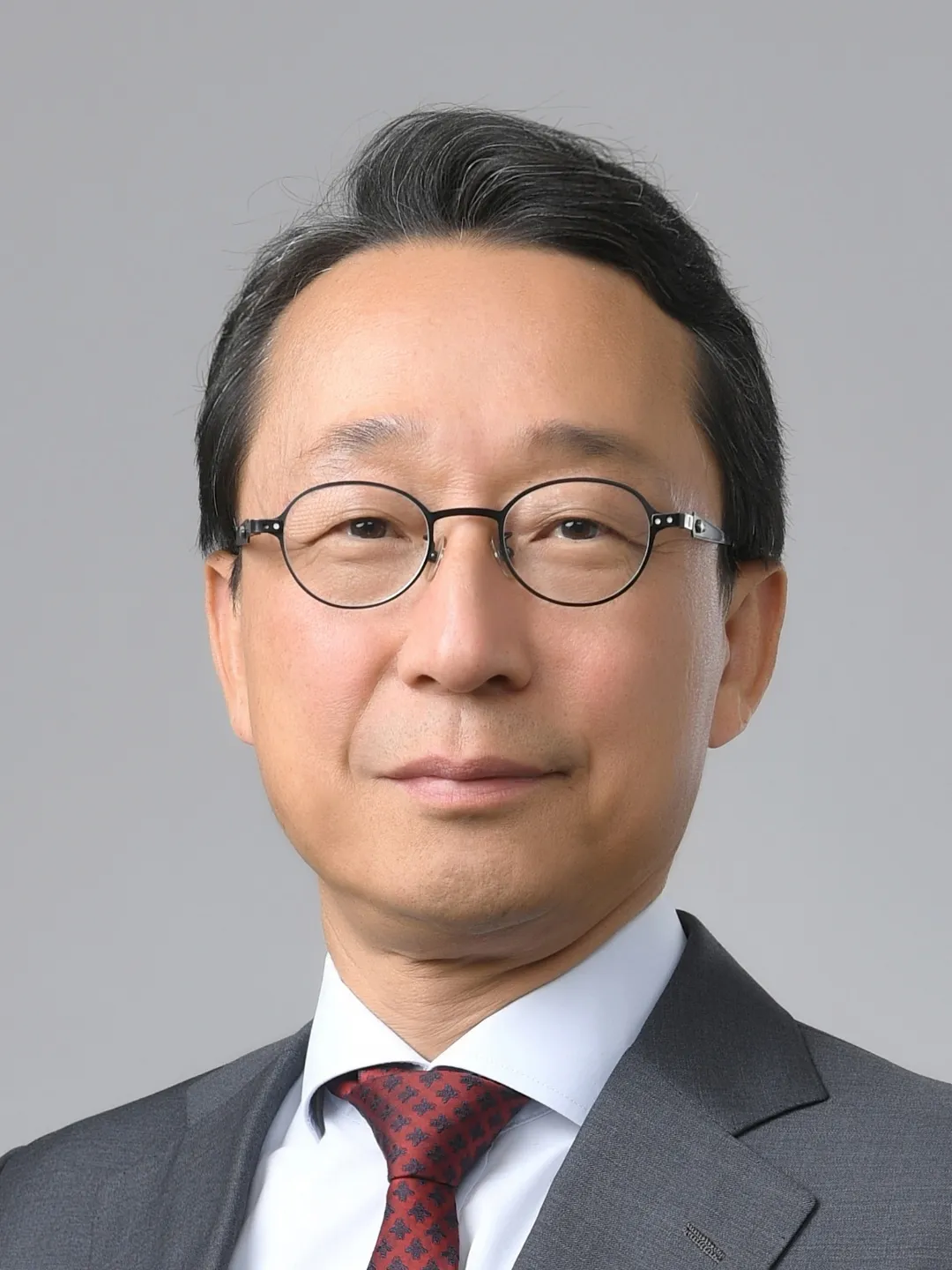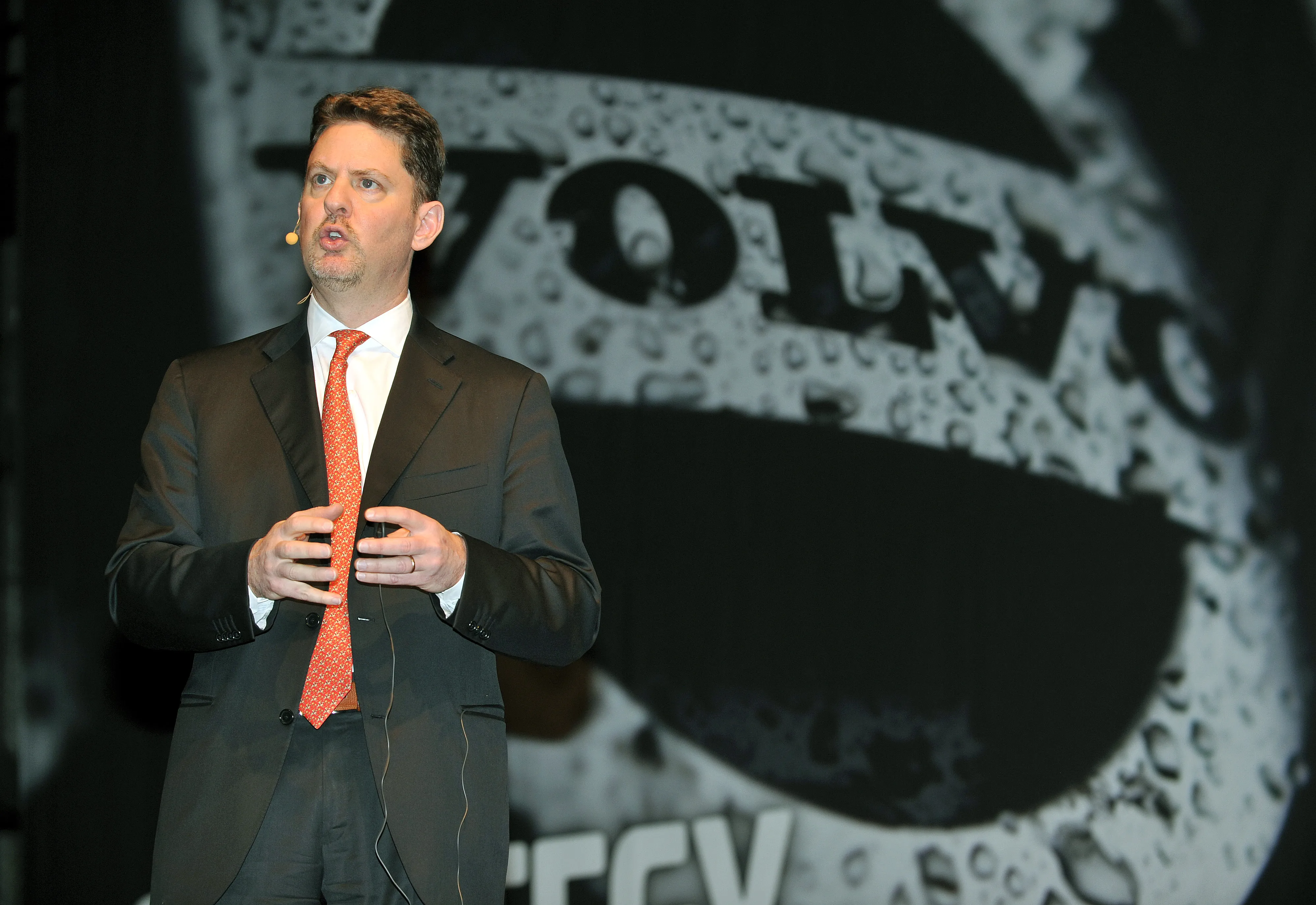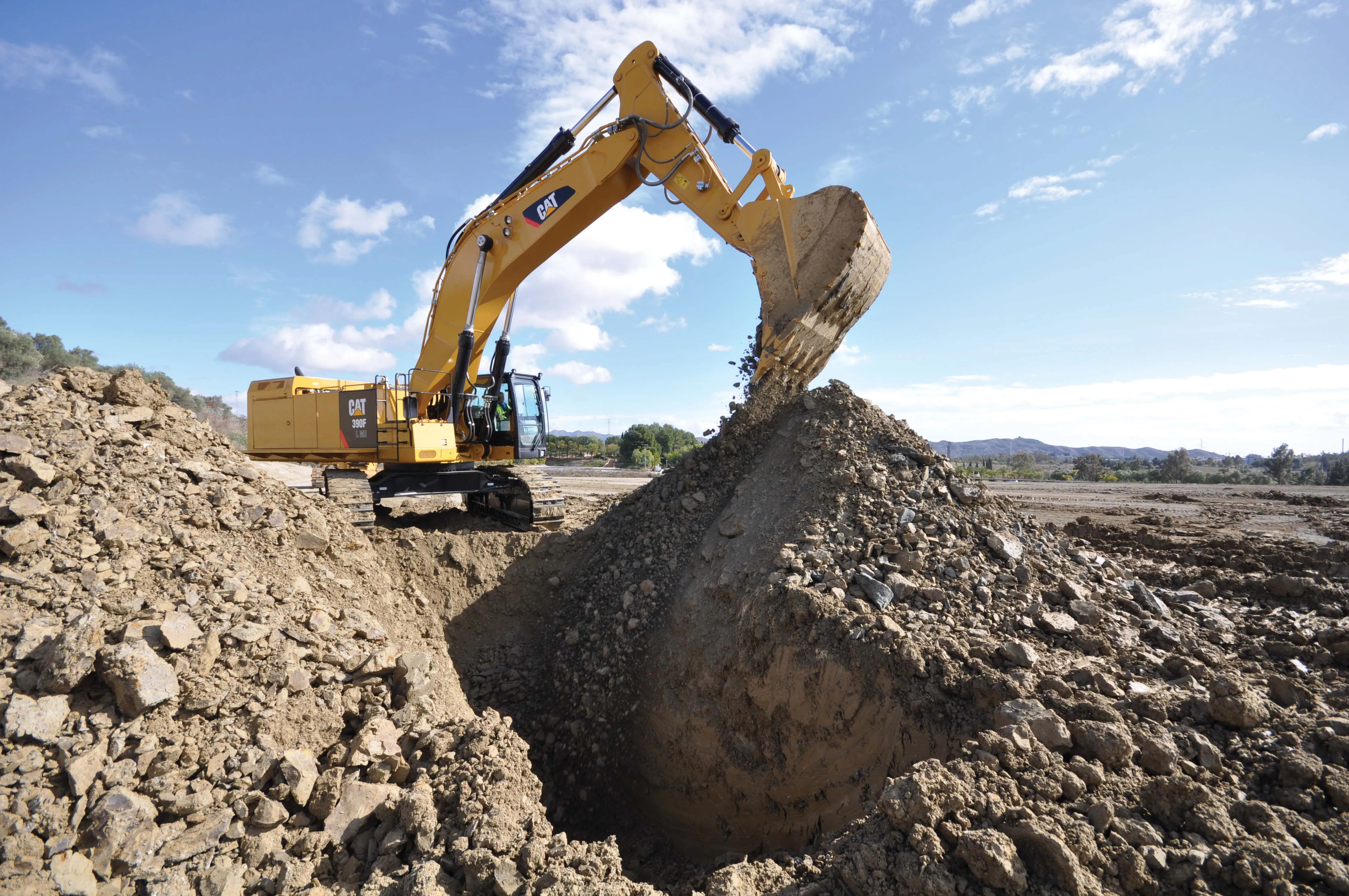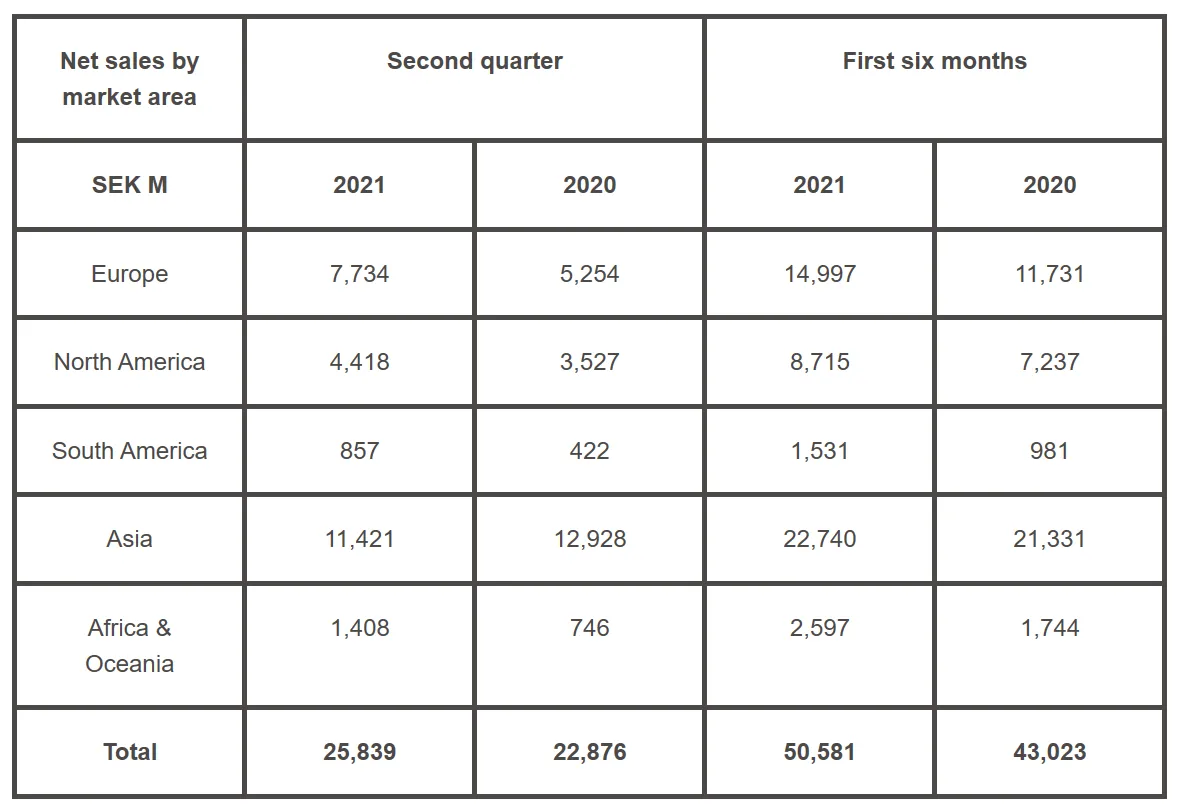
HD Hyundai Construction Equipment and HD Hyundai Infracore are merging. Together the two businesses will form the similarly-named HD Construction Equipment. The unified business, which is aiming for a revenue of $11 billion by 2030, will continue to operate through two distinct brands, Hyundai and Develon. The merger will take effect from January 1, 2026, following shareholder agreement and regulatory review.
Merging the two companies will boost agility in meeting market demands. The companies say that the move will strengthen technological capabilities and increase cost competitiveness. HD Construction Equipment will optimise product lines and production facilities by region, expanding its compact equipment business and establishing a full line range, from compact to ultra-large construction machinery.
The core business area will be construction equipment, supplemented by growth in engines and aftermarket services. Positioning itself as a global industry leader, the company will continue to develop electrified and smart construction equipment, delivering a comprehensive range of site solutions.
Since HD Hyundai Infracore was incorporated into the HD Hyundai Group in 2021, the two companies have pursued synergies, resulting in additional profits through a reduction in purchasing costs and logistical expenses. The merger will enable continued expansion and optimisation of the product line-up, the development of specialised products and services, along with faster decision-making in response to the changing needs of customers worldwide.
The Hyundai and Develon brands will continue to develop separate dealer networks. Both companies will retain their own distinct product identity, designs, with independent aftercare and support.









